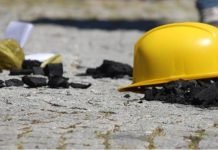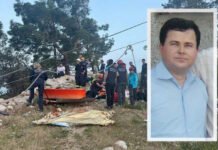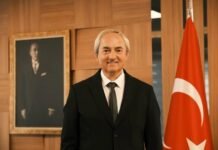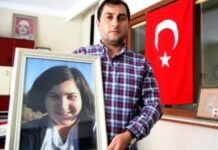Turkey’s state of emergency has been used as a justification to undertake massive violations of the right to education and the right to work and to plunge many civil servants into poverty, according to United Nations experts.
“The dismissal of up to 134,000 public servants, without due process, compensation, or access to a proper remedy, for alleged links with organizations that the Government has chosen to proscribe, cannot be justified by reference to Turkey’s longstanding international human rights obligations,” said the UN experts Philip Alston, Special Rapporteur on extreme poverty and human rights; David Kaye, Special Rapporteur on the promotion and protection of the right to freedom of opinion and expression; Maina Kiai, Special Rapporteur on the rights to freedom of peaceful assembly and of association; and Koumbou Boly Barry, Special Rapporteur on the right to education in a joint statement released on Thursday ahead of this Sunday’s constitutional referendum.
They noted that even under a state of emergency, economic, social and cultural rights can only be limited in ways that respect the basic rights themselves and ‘solely for the purpose of promoting the general welfare in a democratic society.’ “But there has been no attempt to show that these blanket measures, which have destroyed the careers and livelihoods of tens of thousands of persons, satisfy such criteria in each case,” they said.
The right to education has been targeted in an especially problematic way. A significant proportion of the public servants who were dismissed worked as school teachers or for the Ministry of National Education. Around 1000 schools and 15 universities are estimated to have been closed by emergency decree. Many of the dismissed public servants were trade union members, including more than 10,000 teachers who were members of the Education and Science Workers’ Union.
The closure of some 200 media outlets has not only caused thousands of journalists to lose their jobs and livelihoods, but has also undermined possibility of an informed debate over the referendum proposals.
Turkish citizens will vote on April 16 in a referendum on a proposed constitutional amendment that would, among other things, empower the President alone to declare future states of emergency and to determine the measures to be taken.
“Given the arbitrary and sweeping nature of the emergency decrees issued since July 2016, there is serious concern that such powers might be used in ways that exacerbate the existing major violations of economic, social and cultural rights”, said the experts, who are in contact with the Turkish Government over the issues.
The Special Rapporteurs are part of what is known as the Special Procedures of the Human Rights Council. Special Procedures, the largest body of independent experts in the UN Human Rights system, is the general name of the independent fact-finding and monitoring mechanisms of the Human Rights Council that address either specific country situations or thematic issues in all parts of the world. Special Procedures experts work on a voluntary basis; they are not UN staff and do not receive a salary for their work. They are independent from any government or organization and serve in their individual capacity.
April 14, 2017
















